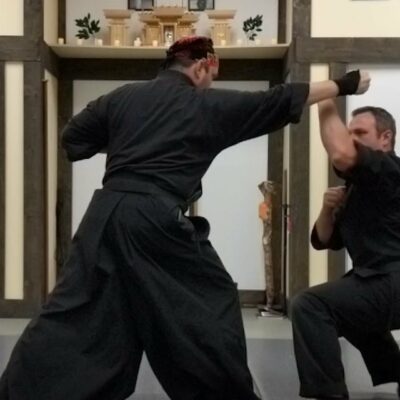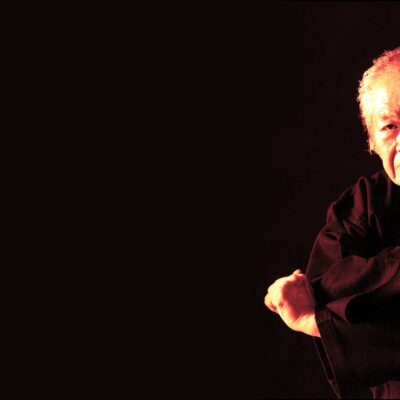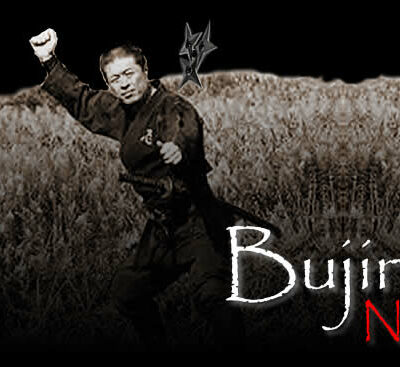四拳波羅蜜大光明 Shikin Haramistu Daikoumiyo
If you’ve ever taken a Martial Arts class at a Bujinkan Dojo, you’ve heard those three somewhat difficult Japanese words shouted at the beginning and end of class: Shikin Haramitsu Daikoumyo. These words have profound significance – but only if you understand what they mean (much less say them). Here I’m going to translate this Buddhist mantra, and the meaning behind one of the most often used phrases in Bujinkan training.
四拳 Shiken “Four Hearts”
Shiken trans. lit. means “four hearts”. What is meant by four hearts is really for aspects or perspectives toward the heart (or “having a heart”):
Merciful; finding/having love for all thingsSincerity; in the context of knowing right and wrong and being sincereAttuned; somewhat similar to the above concept, except more like acceptance of what is naturalDedication; having the heart to not give up – perseverance.
These four perspectives of heart are unified in this phrase to denote harmony with one-self and actions. So what does all this mean? Put simply: listen to your heart.
詞韻 Shikin “Epiphany”
Update: Apparently, the above translation is not correct due to the kanji used. Actual phrase is 詞韻, or shi’in as Sebastian Loudrey pointed out to me. Often this is spoken as “Shikin”. Roughly this translates as word rhyme, but when used together it may also mean “epiphany”.
波羅蜜 Haramitsu ” Wave, Silk, Honey”
This phrase is a bit more complex, since it requires a deeper translation. Literally it means “wave, silk, honey”. Makes sense right? Of course not. To get a better idea, let’s break down each word in the phrase:
- Wave: this is used as a metaphor for instability. You can visualize pond; when the water is still it’s flat and stable. When throw a stone into the pond it disturbs the stability by creating waves.
- Silk: this is a metaphor for cloudiness of thought. Think of this like silk wrapped around the eyes, making it difficult to see the world.
- Honey: This is a metaphor for achieving what they refer to in Buddhism as “enlightenment”. It means the sweetness of having a clear mind.
This phrase together refers to the Buddhist idea of “Paramita” or transition to Nirvana; it is describing the transition from the turbulent thought that obscures enlightenment, to the “honey” or sweetness of calming the mind.
大光明 Daikoumyo “Big Bright Light”
By far the easiest phrase to understand is Daikoumyo – “Big bright light”. This can most directly understood as enlightenment or wisdom. It also has the meaning of future and hope.
The Meaning
The actual meaning is open for interpretation. The whole phrase literally translated becomes “Word rhyme wave silk honey big bright light.” Applying more interpretation, it means “Epiphany, transition to Nirvana, Enlightment.” In more plain English, we could read it as “Epiphany (of) Calm Mind (leads to) Enlightment.”
We often let our thoughts, our worries, our concerns, our ego, get in the way. This often can make achieving that epiphany, finding that piece of the puzzle we’re looking for, difficult to find. This is why we say this phrase in every class: to remind us that enlightenment is within ourselves; we simply need to clear our mind.
Think of this next time you say this phrase in class, and take one more step to finding the big bright light you’re looking for.
Get new content straight to your inbox, gain deeper insights into Japanese Martial Arts, and get exclusive offers by joining the Todai Clan!






